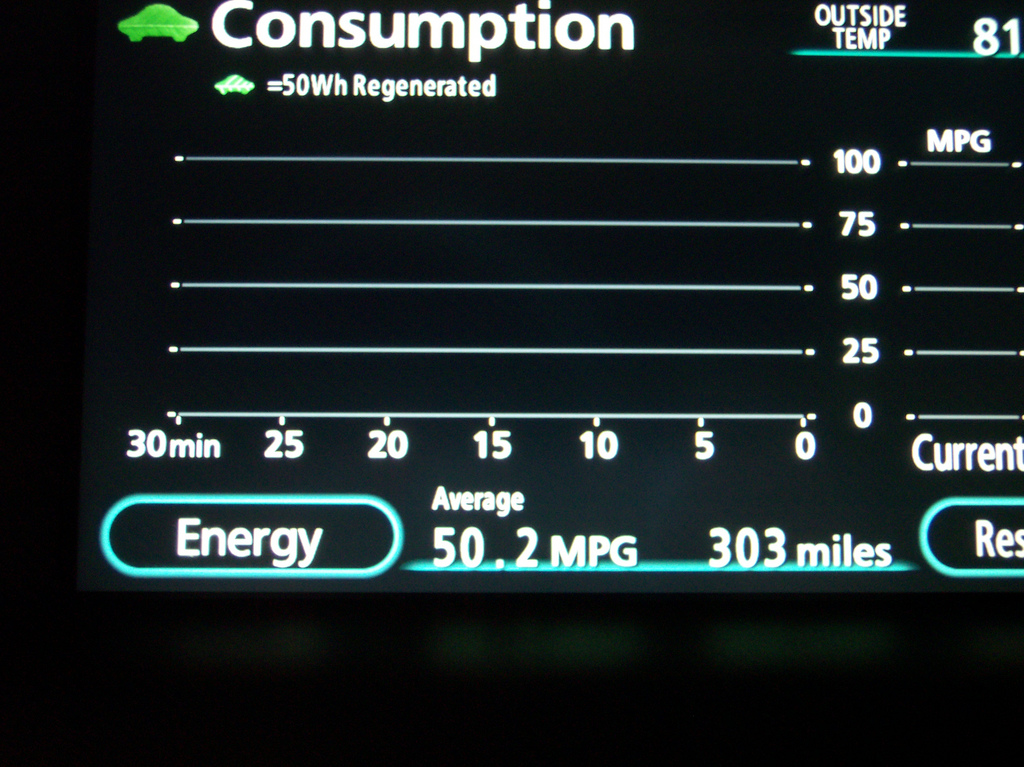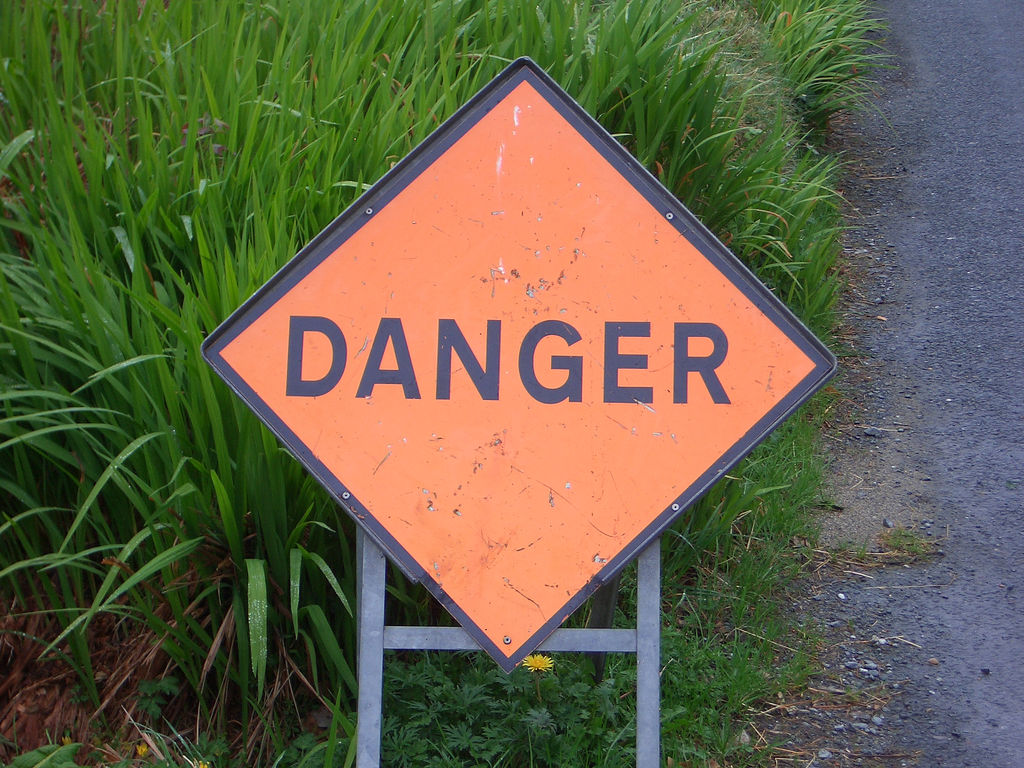Climate Politics
All Stories
-
King coal takedown: Maria Gunnoe
Pray for the dead, and fight like hell for the living” — Mother Jones. Maria Gunnoe is one of seven recipients of the 2009 Goldman Environmental PrizePhoto: Tom DusenberyListen here, King Coal. Maria “Mother” Gunnoe, a fearless community organizer for the Ohio Valley Environmental Coalition in West Virginia, whose home sits on the frontlines of […]
-
Gunnoe gets Goldman
Proud to say that one of the Orion Grassroots Network’s own, Maria Gunnoe, an organizer for Ohio Valley Environmental Coalition, has won the “environmental nobel” for her courageous grassroots activism to end mountaintop removal (MTR) in the face of fierce intimidation: Grist’s own Ken Ward has the story in today’s Charleston (WV) Gazette. Maria Gunnoe […]
-
States left wondering about EPA’s greenhouse gas ruling
Eighteen months ago, I watched the head of the Environmental Protection Administration shake hands with Mickey Mouse after the two had hoisted a compact fluorescent light bulb for a Disneyland photo op. I’d been promised a sit-down interview with Stephen Johnson, the career EPA staffer tapped by George W. Bush in 2005 to run the […]
-
Washington’s cap-and-trade legislation no longer involves cap and trade
Photo: libraryman via FlickrWashington state’s cap-and-trade legislation is no more. Or rather, it IS … in the existential sense … but after the House passed a watered down version on Wednesday, it should no longer be allowed to call itself “cap-and-trade legislation.” As there is no cap and trade in said cap-and-trade legislation. There is […]
-
Breaking: Gates Foundation ag official gets USDA post
Rajiv ShahPresident Obama has named Rajiv Shah, the Gates Foundation’s director of agricultural develpopment, as Under Secretary for Research, Education, and Economics at the USDA. The Gates Foundation’s agriculture efforts have been criticized for ties to Monsanto, the globe’s largest seed company and dominant purveyor of genetically modified seed traits. In 2007, the Gates Foundation […]
-
How to comment on the EPA’s finding that greenhouse gases endanger public health
Got something to say about the EPA’s finding that greenhouse gases are a threat to public health and welfare? You’ve got 60 days to speak, or forever hold your peace. Here’s how to submit written comments: Email: GHG-Endangerment-Docket@epa.gov Fax: 202.566.1741 Snail mail: Environmental Protection AgencyEPA Docket Center (EPA/DC) Mailcode 6102T Attention Docket ID No. EPA-HQ-OAR-2009-0171 […]
-
EPA’s climate finding ticks off industry, energizes enviros and congressional leaders
Here come the reactions …Grist’s Kate Sheppard has a great story on today’s big news, the EPA decision that greenhouse gases endanger public health and welfare: The long-expected finding, set in motion two years ago by a Supreme Court ruling, moves the Obama administration one step closer to regulating CO2 emissions from a number of […]
-
EPA says greenhouse-gas emissions a threat to public health
Photo: cocovanThe Environmental Protection Agency today said it has determined that planet-warming greenhouse gases pose a danger to public health and welfare. The long-expected finding, set in motion two years ago by a Supreme Court ruling, moves the Obama administration one step closer to regulating carbon dioxide emissions from a number of sources across the […]
-
-
Feel Like Saving a Mountain Today?
The National Trust for Historic Preservation has just posted a Blair Mountain Battlefield petition, which calls on the state of West Virginia and private property owners to keep the site of one of the most important and historic American labor conflicts on the National Register. Please take a moment to sign the petition here: http://my.preservationnation.org/site/Survey?SURVEY_ID=9860&ACTION_REQUIRED=URI_ACTION_USER_REQUESTS&autologin=true […]







